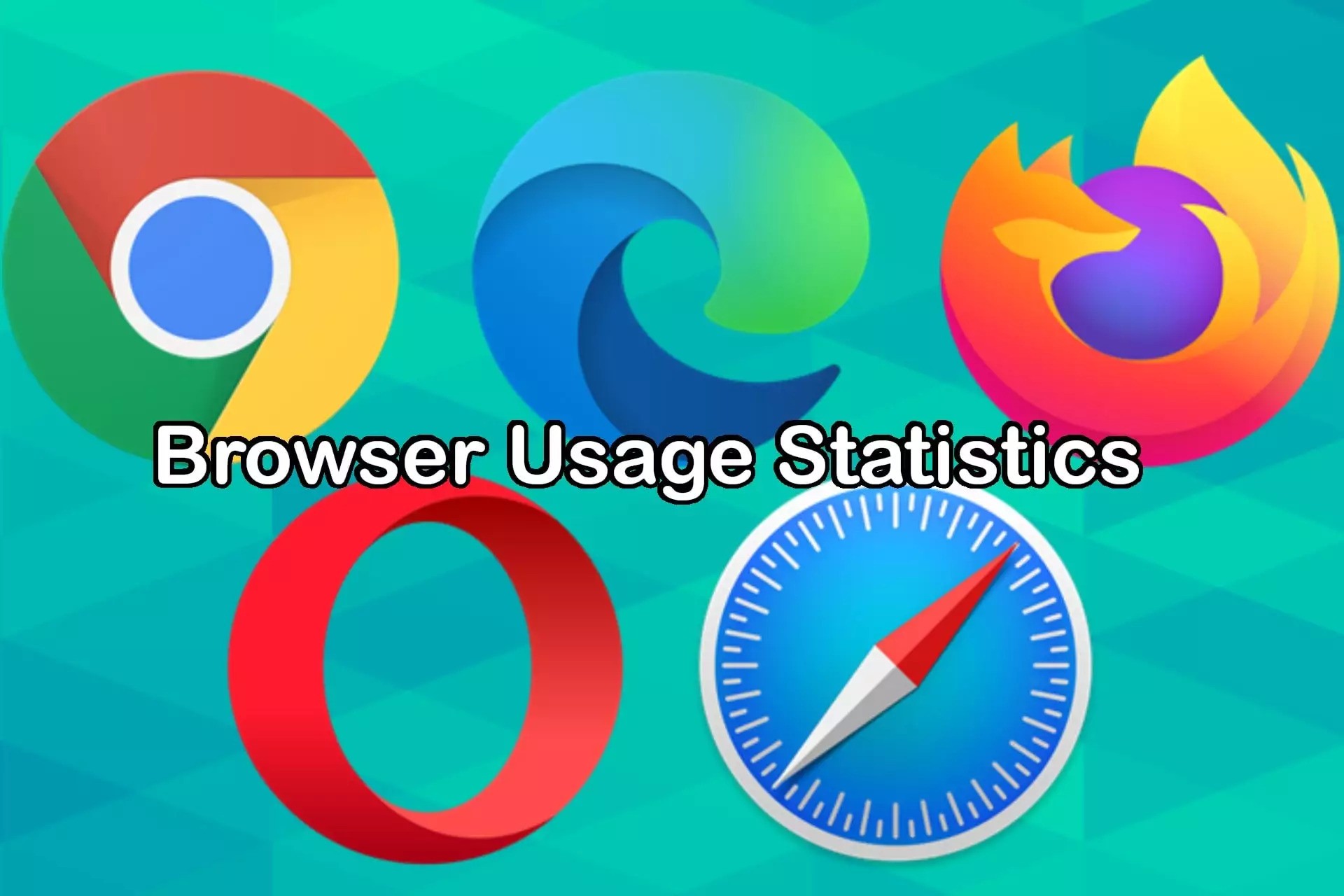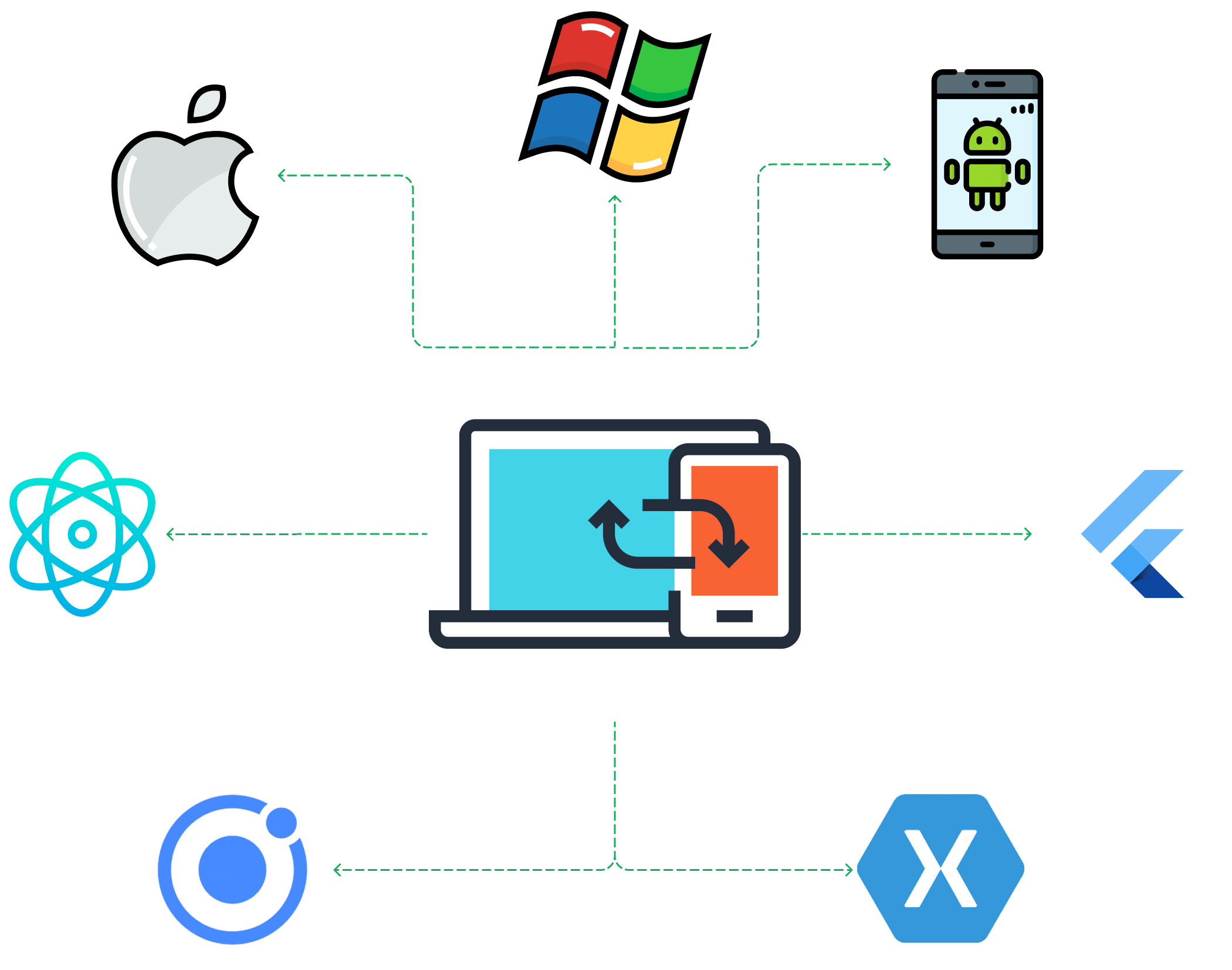GB data is something we all use every day, but what does it really mean? Simply put, “GB” stands for gigabytes, and it is a way to measure how much data can be stored on your device. Whether you are looking at a phone, computer, or cloud storage, gb data tells you the storage capacity of that device. For example, a phone with 64GB of storage means it can hold 64 billion bytes of data, which is a lot!
When it comes to managing your digital life, understanding gb data can help you make better choices. It’s important to know how much space you need for your apps, photos, videos, and files. With more gb data, you can store more content. But, if your device has less gb data, you might run out of space quickly. In this article, we will explain gb data in simple terms and how it affects your daily digital life.
What Does gb data Mean? An Easy Explanation
GB data refers to gigabytes, which is a way of measuring digital storage. A GB is about 1 billion bytes, and this is what you see when you check the storage on your phone or computer. For example, if your phone has 32GB of data, it means it can store 32 billion bytes of information. But, it’s important to remember that not all gb data is used the same way.
For example, 1GB of data might store hundreds of photos or several hours of video. This depends on the file size and type. If you download a large game or a high-definition movie, it will take up more gb data compared to simple apps or text files.
How Much gb data Do You Need on Your Device?

Choosing the right amount of gb data for your phone or computer depends on how you use it. If you only use your device for basic tasks like texting or browsing the internet, you might only need 32GB or 64GB of storage. However, if you like to download a lot of movies, music, or games, you might want 128GB or more.
- Light users: 32GB to 64GB is often enough for texting, web browsing, and light photo storage.
- Medium users: 128GB to 256GB is good if you download apps, store many photos, or stream music.
- Heavy users: 512GB and up is perfect for gamers or those who store a lot of videos, photos, and large files.
GB data vs. MB and TB: What’s the Difference?
When it comes to digital storage, you might also hear about MB (megabyte) and TB (terabyte). These are other units of measurement for data. Here’s a quick guide to understand the differences:
- 1 GB = 1,000 MB
- 1 TB = 1,000 GB
So, if you have 1TB of storage, that’s 1,000GB, or 1,000 billion bytes! That’s a huge amount of space compared to just 1GB. Knowing this helps you decide what type of storage you need based on how much data you plan to store.
How to Manage Your gb data Efficiently on Your Phone or Computer
Managing your gb data is important, especially when you start running low on storage. Here are some easy ways to keep your data under control:
- Delete unused apps: Go through your apps and remove those you don’t use.
- Clear cache files: Apps and browsers often store extra files you don’t need, so clearing them can save you space.
- Move files to cloud storage: Services like Google Drive or iCloud can help store your photos and documents, saving space on your device.
By managing your gb data this way, you can avoid filling up your device too quickly.
Common Uses for gb data and How It Affects Your Daily Life

We use gb data for all sorts of activities in our digital lives. From storing photos and videos to downloading apps and games, gb data is essential. Here’s how gb data affects you every day:
- Watching videos: High-definition videos use a lot of gb data. For example, streaming one hour of HD video can use up to 3GB of data.
- Gaming: Games with amazing graphics can be very large, often needing hundreds of gb data just for one game.
- Downloading files: Files such as documents, software, and even music can quickly add up in your storage.
By understanding these common uses of gb data, you can better manage your storage and avoid running out of space when you need it most.
Conclusion:
In conclusion, understanding gb data is key to managing your devices. It helps you choose the right amount of storage for your needs, whether you’re using your phone or computer. By knowing how much gb data you have and how much you need, you can make smarter choices to keep your devices running smoothly.
Remember, not all gb datais used the same way. Some tasks like watching videos or gaming will use up more data than simple browsing or texting. By keeping track of your gb data, you can make sure you never run out of space when you need it!
FAQs:
Q: What is 1GB of data?
A: 1GB is equal to 1 billion bytes of data. It’s a way to measure storage capacity, like how much data can fit on your phone or computer.
Q: How many photos can fit in 1GB of data?
A: About 200-300 average photos can fit in 1GB of data, depending on the photo quality.
Q: Is 32GB enough storage for my phone?
A: For light users, 32GB is enough, but if you store many photos, videos, or apps, you might need more storage.
Q: What is the difference between GB and MB?
A: 1GB equals 1,000MB. GB is used for larger files, while MB is for smaller files.





